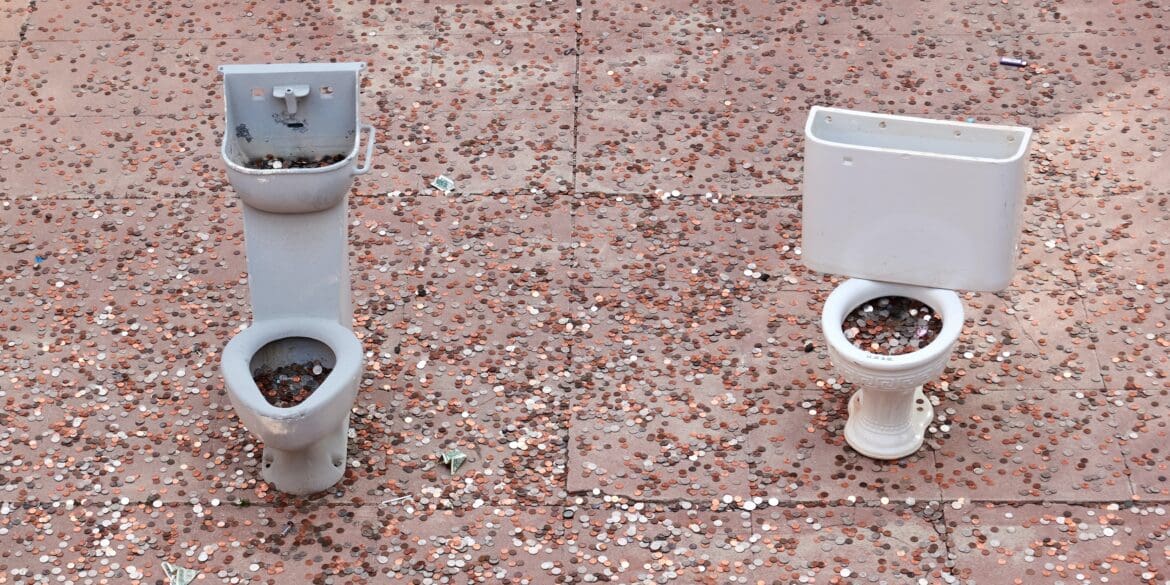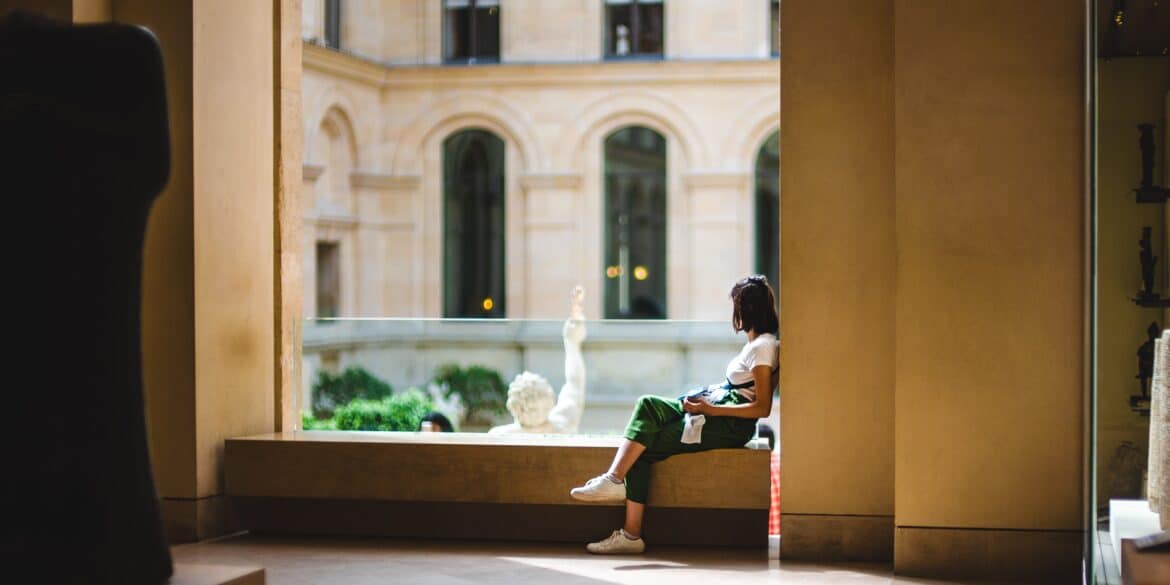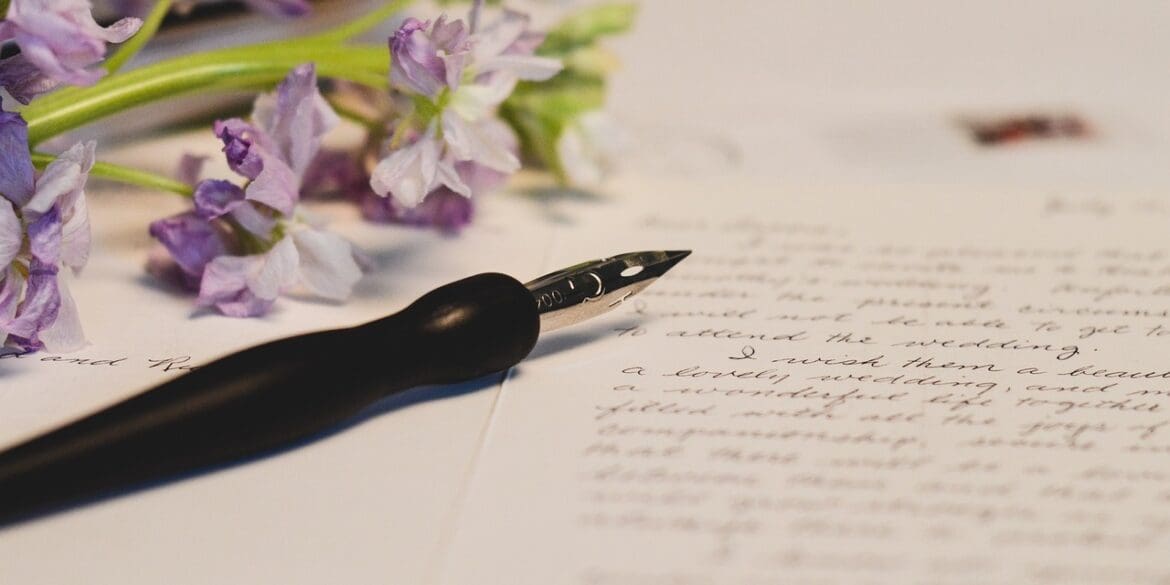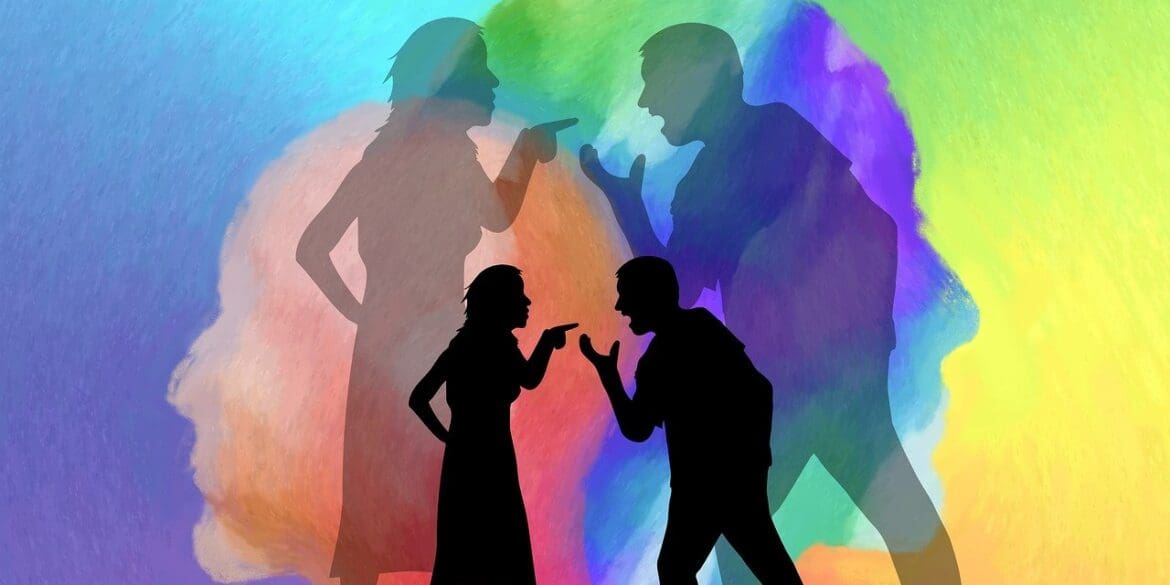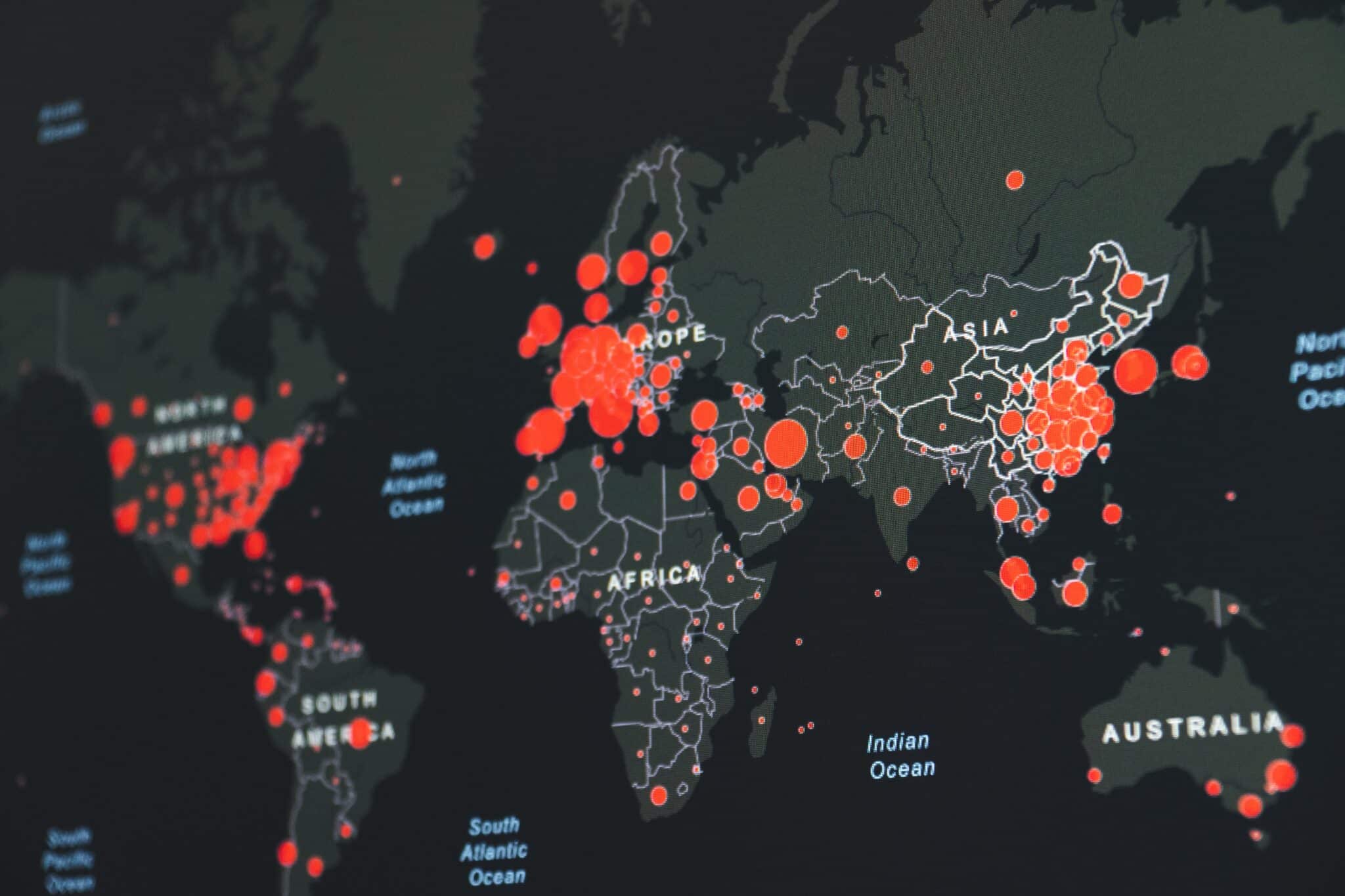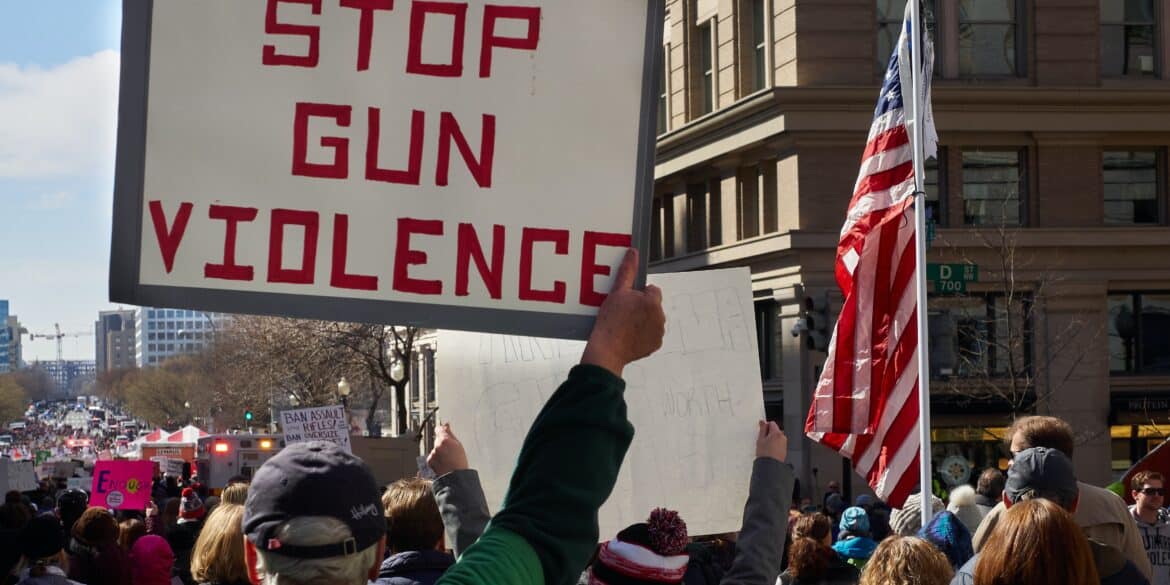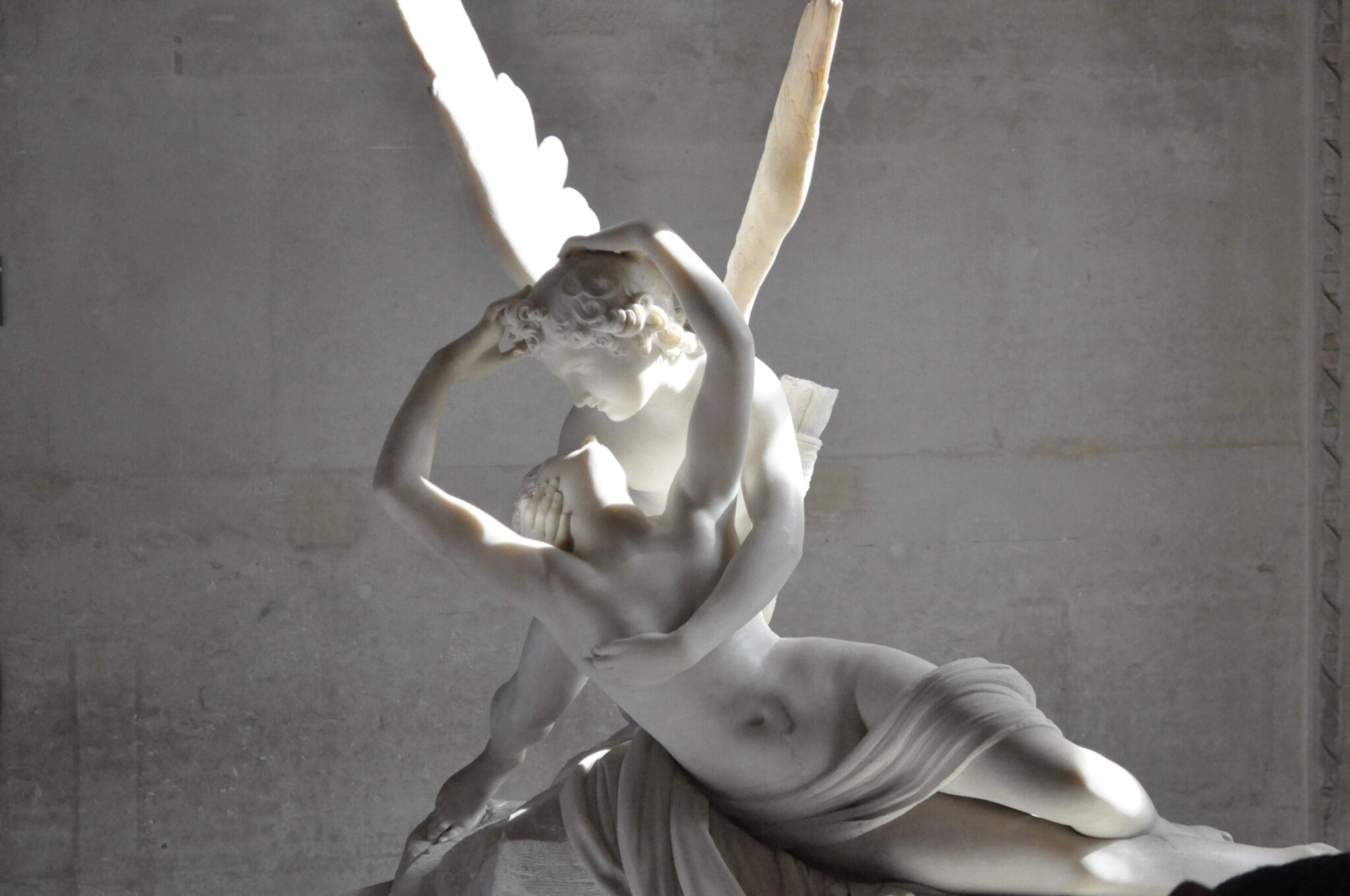“Letter from Okinawa” describes my research and observations into the impact the U.S. military has had on the island, and tells the story of the Japanese government’s historical culpability by colonizing, controlling, and discriminating against the island.
This writing is based on storytelling, common in Mexican culture.
What this essay tries to capture is both the wonder and the inherent horror in potty training.
This autoethnography is the first-hand experience and exposure of imposter syndrome from a new adjunct instructor's point of view.
In this 2nd of my Processing Parental Grief series, Calliandra receives a letter from her mother weeks after her death.
Narrating Estrangement is written by those who have decided to distance themselves from, or have been driven out by, their families.
"My parents drank wine with dinner every night. There’s nothing remarkable about that, but to a kid growing up in Mid-Missouri it was weird."
I strived to represent the experience of being a pediatric healthcare worker during COVID.
This work, a narrative and poetic account of a school shooting, provides an experiential entry into the experience from the point of view of a faculty member.
This collection of poems is a glimpse into the lives lived on the margins, where the laws put in place to protect basic rights and bodily autonomy cease to apply.
This is a love letter to my people, my family and a version of me trying to overcome the trauma of almost seeing their mother die.
This autoethnographic account explores the complex relationship between language and identity.



